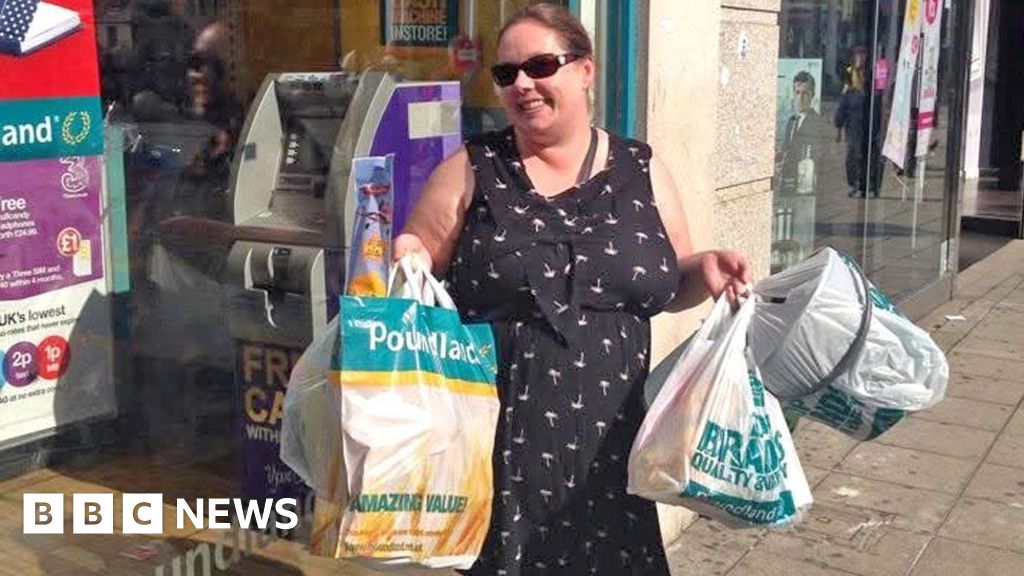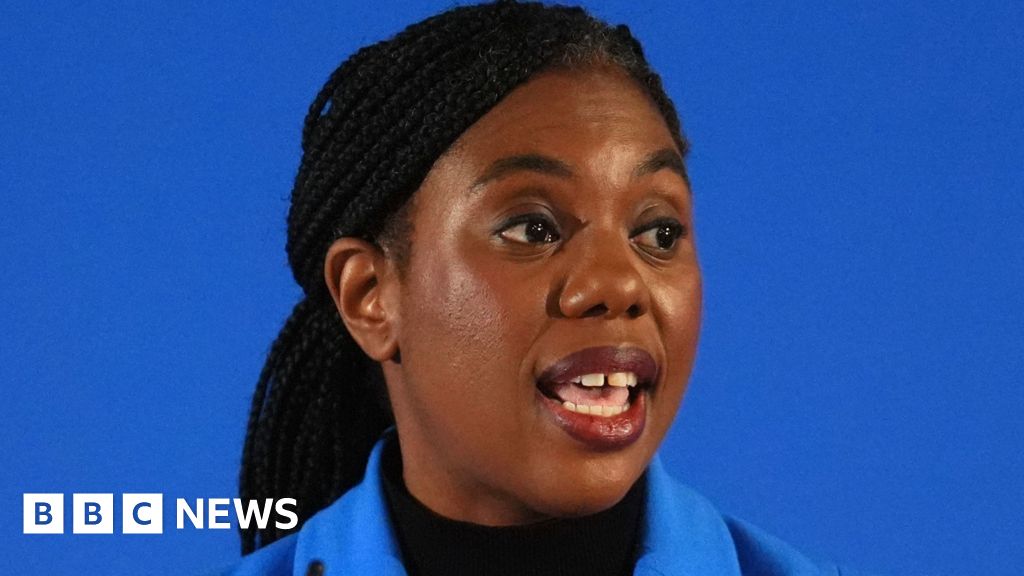ARTICLE AD BOX
 Image source, Getty Images
Image source, Getty Images
By Daniel Thomas
Business reporter, BBC News
In a surprise move, UK interest rates have been left unchanged after the Bank of England said price rises were slowing faster than expected.
The Bank of England held rates at 5.25%, their highest level since 2008.
It comes after figures on Thursday revealed a surprise slowdown in UK price rises in August.
"Inflation has fallen a lot in recent months, and we think it will continue to do so," said Bank governor Andrew Bailey.
The Bank had previously raised rates 14 times in a row to tame inflation, leading to increases in mortgage payments but also higher savings rates.
However Mr Bailey warned there was "no room for complacency".
"We need to be sure inflation returns to normal and we continue to take the decisions necessary to do just that," he added.
The Bank has been hiking rates since December 2021 in an effort to tackle inflation in the UK, which is much higher than usual and putting households under financial pressure.
However, the latest move to hold rates raises the prospect that this cycle of increases may have peaked.
In response to the Bank's decision, Chancellor Jeremy Hunt said: "We are starting to see the tide turn against high inflation, but we will continue to do what we can to help households struggling with mortgage payments.
"Now is the time to see the job through. We are on track to halve inflation this year and sticking to our plan is the only way to bring interest and mortgage rates down."
It was knife edge decision, with Bank of England governor Andrew Bailey using his casting vote to pause the relentless series of rate rises we have seen in just under two years.
There were clear arguments to raise again, but in the end the evidence emerging yesterday of all the main measures of inflation heading down was enough for the Bank to conclude their medicine is working.
While the Bank reiterated language indicating that rates could stay at these levels for a longer period than expected, for now this looks like the start of a turning point. The chancellor has welcomed it as such.
At the Bank, and in the Treasury, however, they will be wary of warnings of "premature celebration" from the International Monetary Fund - the lesson of the 1970s of energy shock-afflicted nations assuming inflation was defeated.
The theory behind raising rates is that it makes it more expensive for people to borrow money, so households will cut back and buy fewer things. It also might mean that firms will raise prices less quickly.
But it is a tricky balancing act, as raising rates too aggressively could cause people to cut back on their household spending which could see firms struggle for survival and economic growth slow.
In minutes from its latest meeting, the Bank's Monetary Policy Committee (MPC) - which sets rates - said that since June, inflation had fallen much faster than expected, dropping to 6.7% in August.
At the same time, it said there were "increasing signs" that higher rates were starting to hurt the UK economy.
Unemployment was inching up, it said, and overall economic growth was "weaker than expected".
For these reasons the MPC said it had kept rates on hold. But it added that rates would need to remain "sufficiently restrictive for sufficiently long" to get inflation back down to the Bank's 2% target. It is not expected reach this rate until 2025.
Further rate increases might be needed if price rises start accelerating again, it added.
Earlier this week, investors had been betting the Bank would increase rates again to 5.5% . But following Wednesday's inflation figures, around half were betting they would be held.
The nine-member MPC was also roughly split on what to do. Five members voted in favour of keeping rates on hold, while four voted for a 0.25 percentage point rise.

 1 year ago
46
1 year ago
46








 English (US) ·
English (US) ·